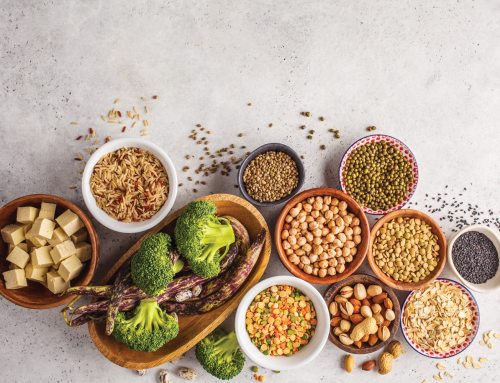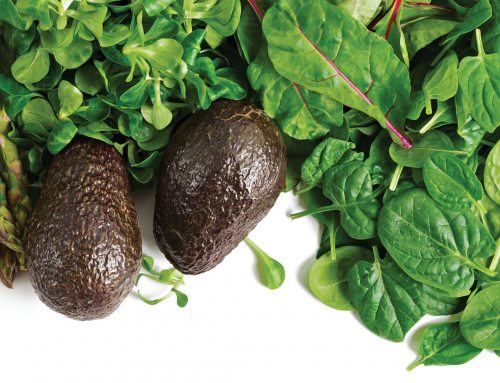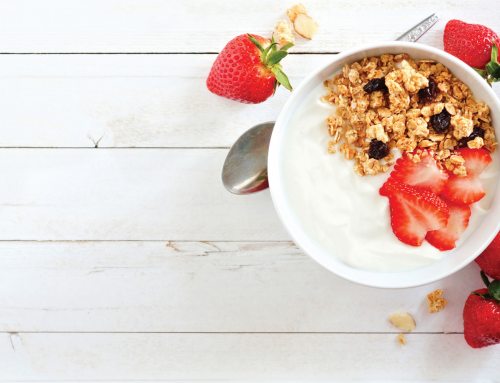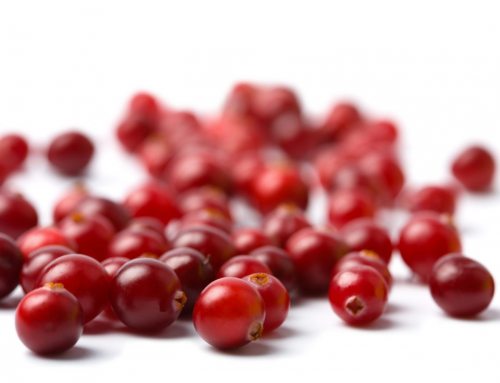By Tracy Owens
As we head into winter and you find it more difficult to find your favorite fruits in season, you may find it increasingly tempting to turn to the convenience of fruit juices to obtain your recommended daily servings of fruit. You are not alone. Forty-seven percent of the fruit consumed by children ages one to three years old comes in the form of fruit juices. Nearly one-third of overall fruit intake in the United States comes from juices.
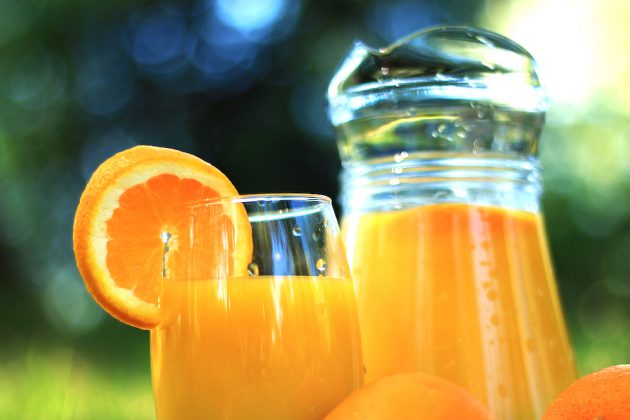 Juice is a tasty, light, and refreshing beverage that has more nutrients than many other options such as sodas, coffee drinks, or other fruit drinks. The USDA’s food guidance even offers it up as a convenient alternative to whole fruit. So why should you think twice before stocking up on your favorite juices while the fruit bowl remains lean this season?
Juice is a tasty, light, and refreshing beverage that has more nutrients than many other options such as sodas, coffee drinks, or other fruit drinks. The USDA’s food guidance even offers it up as a convenient alternative to whole fruit. So why should you think twice before stocking up on your favorite juices while the fruit bowl remains lean this season?
To start, fruit juice does not contain the fiber that is found in whole fruit. Drinking juice in place of whole fruit means you are missing out on most of the health benefits of that fiber including regulating blood sugars, lowering cholesterol and maintaining bowel health. The 2015-2020 dietary guidelines recommend that fruit servings be obtained mostly from whole fruits in order to fully capitalize on these health benefits.
On top of this, juice makes you feel less full than eating an equivalent amount of fresh fruit, which leads many people to compensate by eating more calories than they would have otherwise.
Finally, fruit juices contain amounts of sugar rivaling that of sodas and coffee drinks; beverages most people know are not good for them. In fact, twelve ounces of Coca-Cola has the same amount of sugar as twelve ounces of orange juice (10 teaspoons), and less than some other juices such as grape juice (15 teaspoons) and pomegranate juice (14 teaspoons). Even juices without sugar added contain amounts of sugar that should give you pause (7-9 teaspoons per 8 fluid ounces).
Consumed in moderation, fruit juices are a great and convenient option while the fruit section of your market looks a little less robust this season. However, keep in mind that you can still reach for old favorites like apples, grapes, kiwis, and oranges that stay pretty robust in the winter months.
# # #
Tracy Owens, MPH, RD, LDN, CSSD, is owner of Triangle Nutrition Therapy Inc. and specializes in sports nutrition. She is Board Certified Sports Dietitian (CSSD) through the Academy of Nutrition and Dietetics. She teaches competitive athletes ways to fuel and hydrate to optimize sports performance and maximize health.



